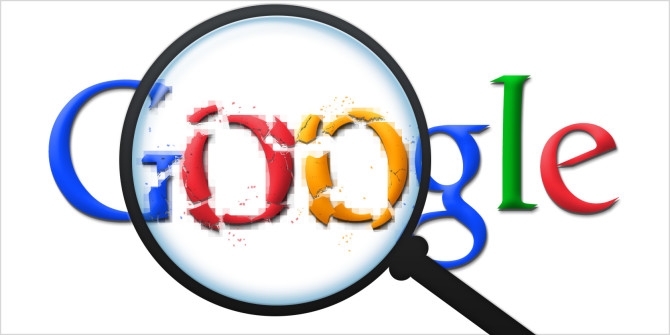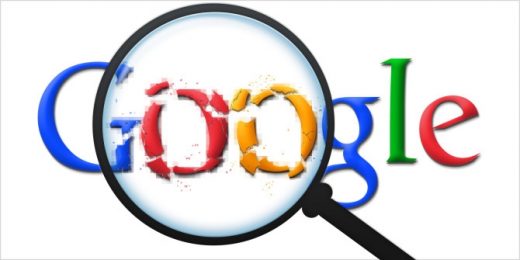Google Algorithm Fail Shows Readers Must Fact-Check News, As With Las Vegas Massacre
Google Algorithm Fail Shows Readers Must Fact-Check News, As With Las Vegas Massacre
by Laurie Sullivan , Staff Writer @lauriesullivan, October 2, 2017
People searching for information on breaking news events typically think the carousel of stories at the top of a Google search results page provides the most relevant and credible links based on their query. Not so, as in the case of the tragic Las Vegas shooting that took place Sunday night during a country music concert where more than 50 people were killed and hundreds injured.

The gunman shot concertgoers at the Route 91 Harvest Festival from the 32nd floor of the Mandalay Bay hotel, across from the vacant field where country stars Jake Owen and Jason Aldean performed onstage toward the end of the concert.
Before police identified Stephen Paddock as the sole suspect in the Las Vegas shooting, reports in the news thread outlet, 4chan, pointed a finger at a man named Geary Danley, and his photo quickly found its way to other online news outlets and social media.
The misinformation also landed at the top of Google search results. “Unfortunately, early this morning we were briefly surfacing an inaccurate 4chan website in our Search results for a small number of queries,” stated a Google spokesperson. “Within hours, the 4chan story was algorithmically replaced by relevant results. This should not have appeared for any queries, and we’ll continue to make algorithmic improvements to prevent this from happening in the future.”
Fake news has been a huge topic in recent years, but with technology providing nearly instant information on real-time events it’s important to remember to take a deep breath and determine what’s real and what’s not.
Media outlets and journalists need to do a better job of deciphering real news, but so does anyone else who posts information in a blog or a Twitter or Facebook post full of information that others might read.
And if that fact-check fails, readers cannot solely rely on the search engine to weed out the correct information from the incorrect.
It’s not only the responsibility of the “failing” Google algorithm, as Mashable reports — but also the responsibility of the person reading the news. People are too quick to post information and believe what they read — and often they send the wrong message.
MediaPost.com: Search Marketing Daily
(21)













